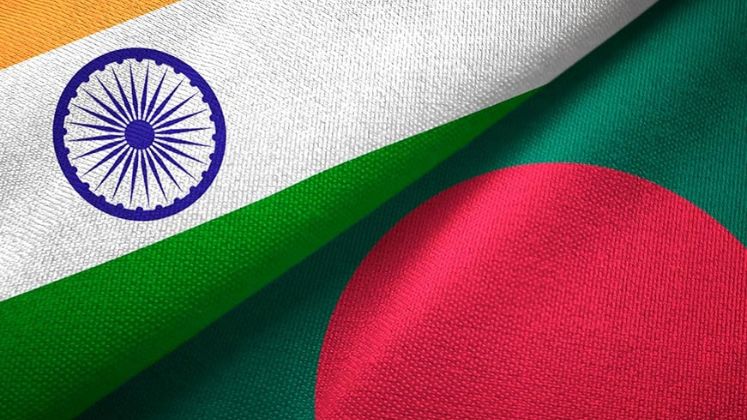The Bangladesh Garment Manufacturers and Exporters Association (BGMEA) has called on the Bangladeshi Government to formally request the Indian authorities for a three-month notification period to facilitate the clearance of pending export shipments destined for India. The move aims to address the backlog caused by recent restrictions at land ports.
Asif Ashraf, a former vice-president of BGMEA, stated that many exporters have been unable to unload their consignments at land ports since May 17, when India imposed restrictions on land port exports from Bangladesh. “We are requesting the Government to send a letter to India seeking a three-month window, so exporters can clear their pending goods,” he said.
The sudden imposition of restrictions caught exporters unprepared, raising concerns over potential financial losses. The association emphasised the need to resolve non-tariff barriers hampering trade between the two neighboring nations.
During an inter-ministerial meeting held at the commerce ministry in Dhaka on Tuesday, Commerce Secretary Mahbubur Rahman highlighted Bangladesh’s efforts to avoid further escalation of trade tensions with India. He informed that Bangladesh had already sent a diplomatic note to the Indian commerce ministry through the foreign ministry, requesting a high-level meeting to discuss trade issues.
“We do not intend to retaliate,” Rahman assured, adding that both countries recognise the importance of bilateral trade and are eager to resolve the current issues. “Our efforts will continue to prevent any escalation.”
The trade volume between Bangladesh and India stood at approximately US $ 10.56 billion in the last fiscal year, with Bangladesh exporting US $ 1.56 billion worth of goods and importing US $ 9 billion from India.
The recent restrictions followed Bangladesh’s decision on 13th April to halt yarn imports through four Indian land ports, which prompted India to suspend transshipment of Bangladeshi garment exports through Indian airports. India is currently Bangladesh’s second-largest import partner after China, supplying raw materials, fabrics, chemicals, machinery, and agricultural products.
The ongoing trade disruptions underscore the complex economic interdependence between the two nations and the need for diplomatic efforts to resolve the issues swiftly.







